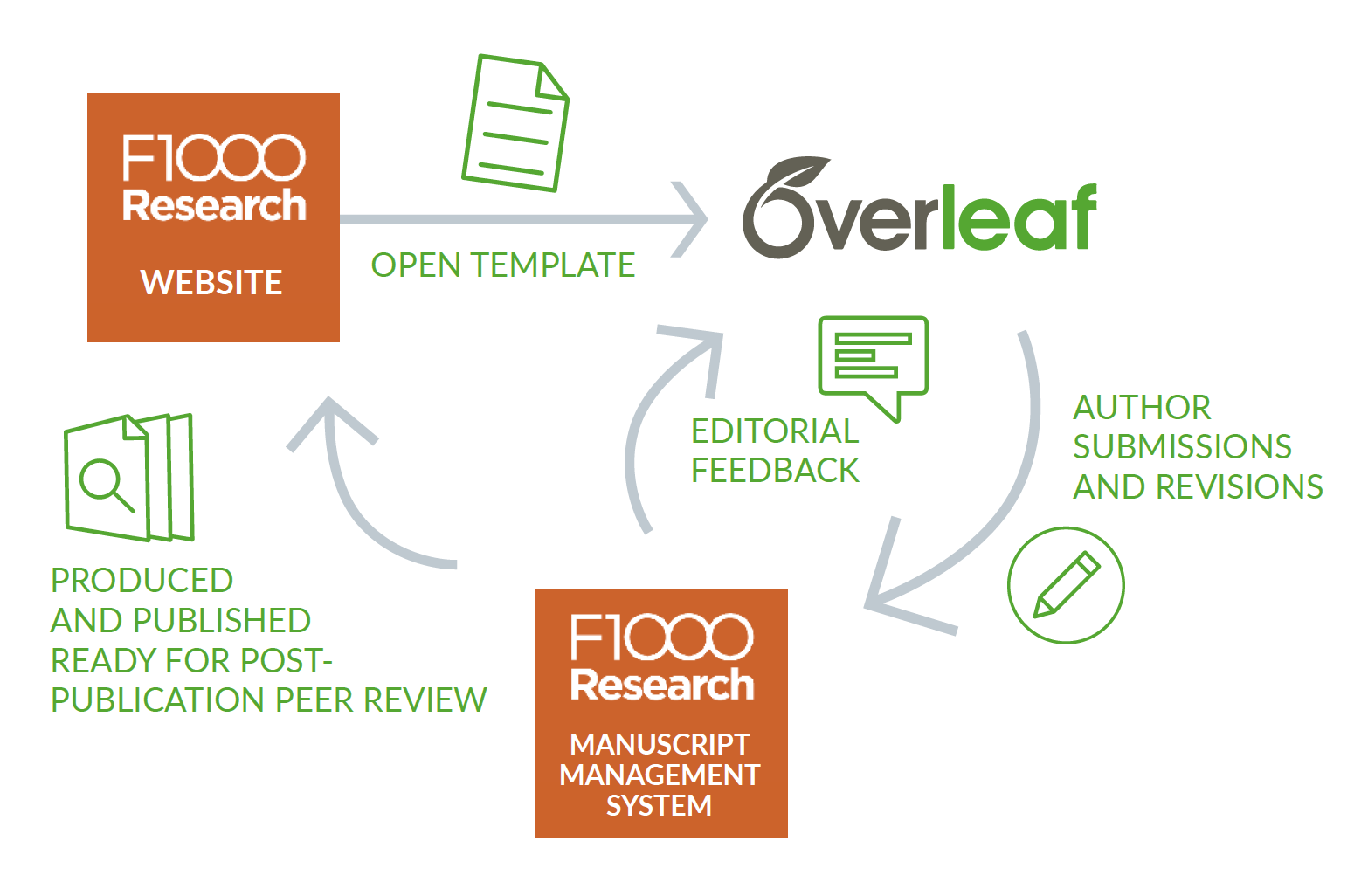Overleaf for Publishers - Case Studies and Testimonials
Find out how publishers and journals are successfully using Overleaf
With over 19 million users around the world from over 6,800 different institutions, Overleaf is the most popular LaTeX-based writing and collaboration platform for students and researchers alike.
Overleaf works with publishers across a range of different disciplines and in a range of different ways, depending on the specific needs of the journal and editorial teams. Take a look at the different products and services we offer to journals and publishers, or read through the selection of case studies below.
When *Nature Reviews Physics* approached us about whether we would be willing to try Overleaf for collaborating with the editorial team, we were already well acquainted with the workflow, and went through several rounds of excellent editorial feedback, without ever having to worry about version control or sending a single document via email.
Overleaf decreased the amount of questions we receive and the amount of processing time required from LaTeX users—with Word users we still have to answer a lot of questions, and it takes a lot more of the editorial staff time.
Case Study: Genetics Society of America—How Overleaf Streamlines Editorial Processes
Prior to the integration with Overleaf, F1000Research could not easily accept LaTeX submissions. Now, approximately 10-15% of all submissions come in via the Overleaf template and submission link.
Case Study: Overleaf improves the author experience with F1000Research
Our main use of overleaf is currently for the finalization of books. We publish rather long books, which can go up to 600 pages or so. The authors write their books on their own computers. They are responsible for the actual content (which then undergoes peer review). The final typesetting is done by experts at Language Science Press. It is usually during this phase that we upload the books to Overleaf.
This allows the authors to see what the publishers/typesetters are doing without the need to send pdfs back and forth. We can discuss the best arrangement of tables etc, and the authors can still correct typos or do some minor rewording.
Using Overleaf in our LaTeX-based workflow at Language Science Press



